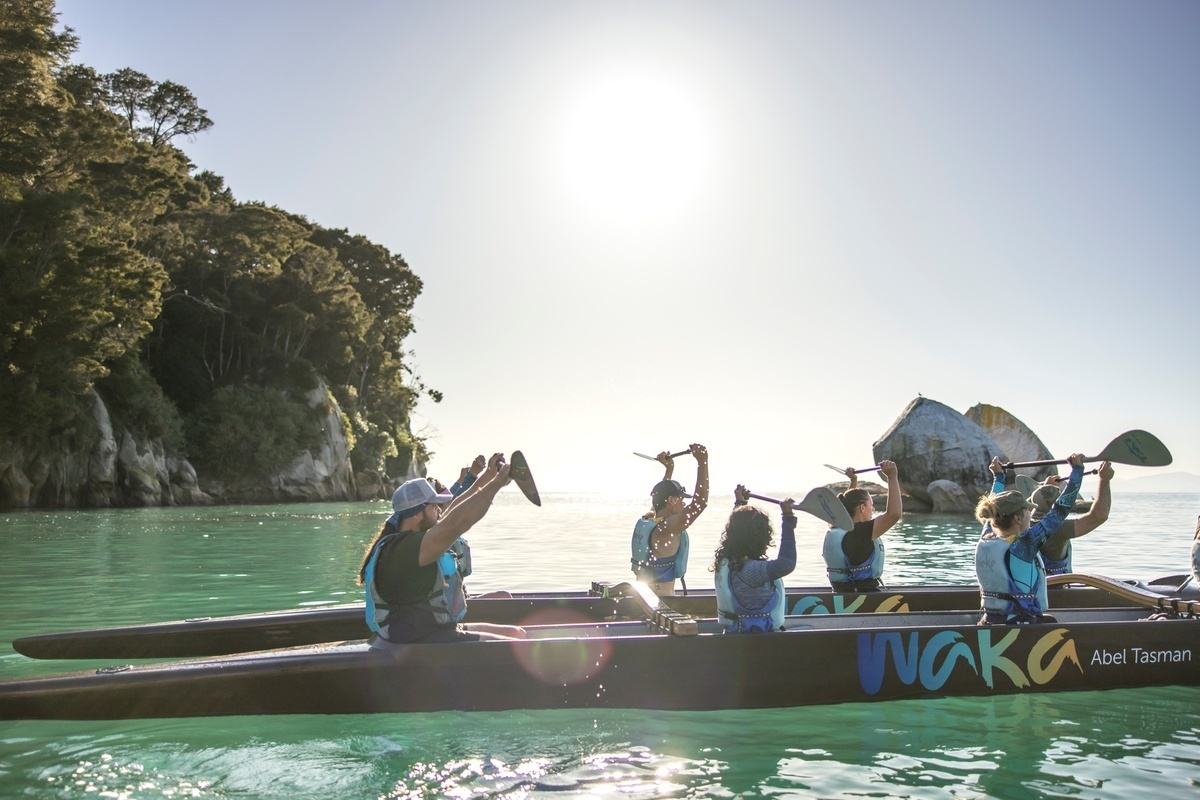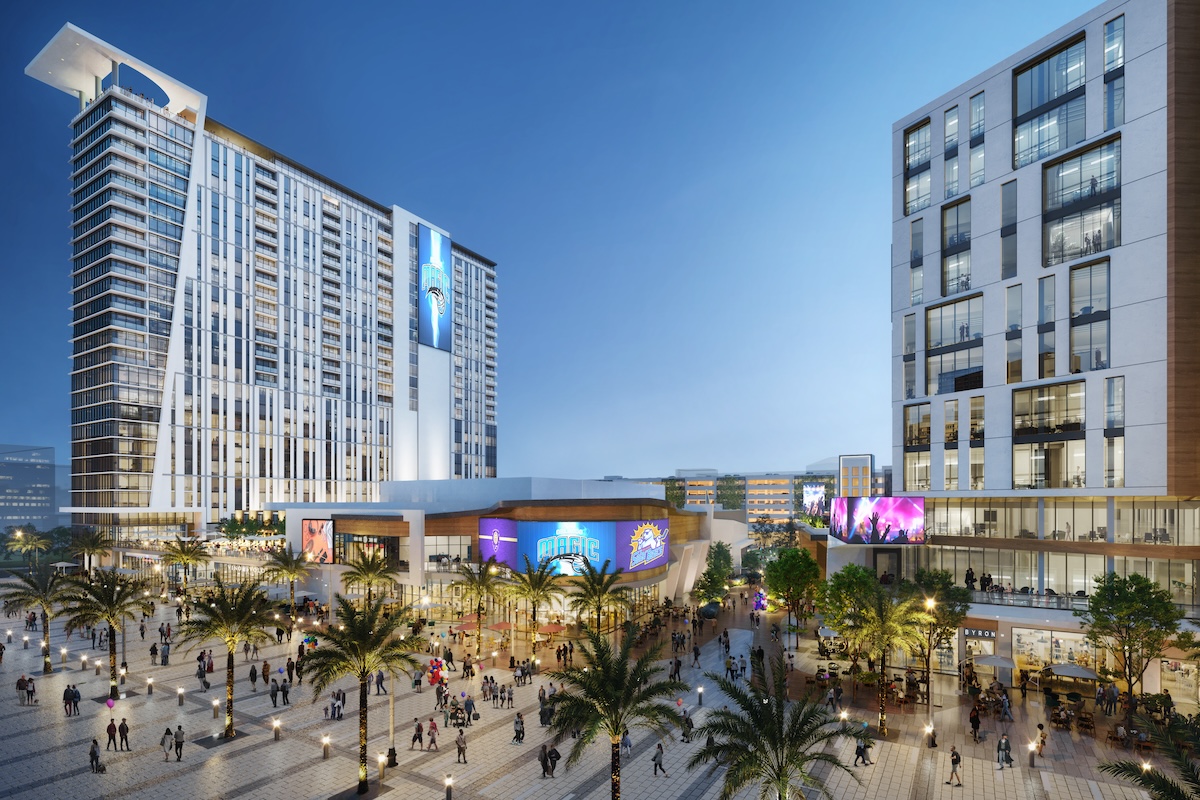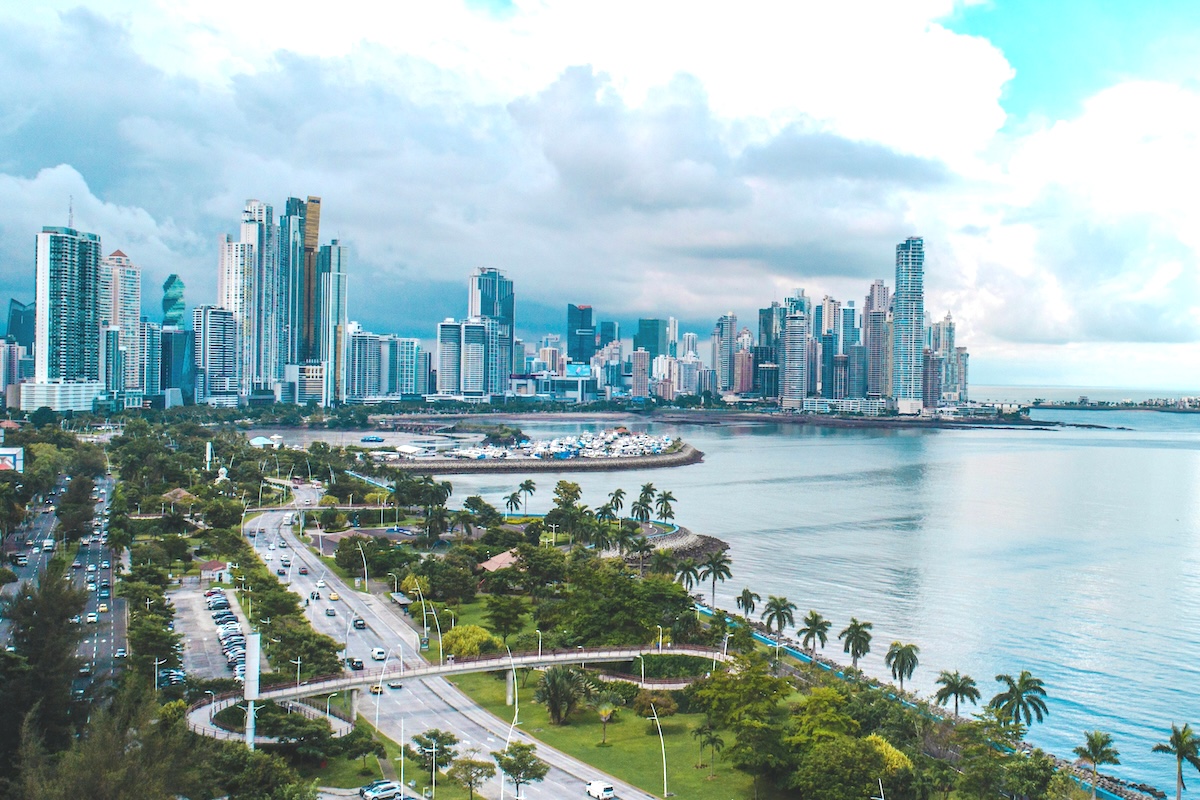Skift Take
Singapore’s top spot proves that destination competitiveness is about much more than airlift or venue and hotel capacity.
Singapore has clinched the number one spot in the latest International Convention Destination Competitive Index Report by GainingEdge. This benchmarking tool aims to help cities hosting international association meetings find their competitive position and identify areas for improvement.
The ascendancy of Singapore suggests broader geopolitical and economic shifts influencing the international meetings industry. The city-state’s prominence underscores its robust destination appeal and aggressive pursuit of international association meetings. Tokyo is the only other Asian city in the top 10, ranking fourth.
Europe still demonstrates its enduring allure, exerting a powerful gravitational pull for association events. Paris ranks a very close second, while Barcelona, London and Amsterdam rank among the top 10. New York secures third place and proves the appeal of the U.S. association meeting experience. Washington D.C., Chicago and Boston also make the global top 10.
Global Ranking for Most Competitive City
- Singapore
- Paris
- New York
- Tokyo
- Washington D.C.
- Barcelona
- Chicago
- London
- Amsterdam
- Boston
Source: International Convention Destination Competitive Index 2022/2023 by GainingEdge
Cities to Watch
The report also highlights five additional cities redefining what it takes to be a top-tier meeting destination. These cities have either significantly increased their competitiveness ranking over the 2022 results, attracted a larger number of association conferences than their competitiveness ranking suggested or leveraged a specific competitive advantage.
Vienna topped this year’s ICCA rankings with an impressive portfolio of 208 international conventions over the last three years. This return to holding the ICCA crown is a testament to the city’s blend of cultural richness and state-of-the-art event facilities.
Brussels is capitalizing on its status as an international hub, and Taipei is leveraging its unique location and world-class services. Meanwhile, Panama City is carving out a niche in the Americas, showing growth even when facing challenging pandemic conditions. Perhaps the most intriguing narrative twist is the rise of Reykjavík. The Icelandic capital has its best-ever performance, with 55 international congresses hosted in 2022. Its success speaks volumes about the potential of smaller, well-positioned cities that offer unique experiences alongside top-notch facilities.
It’s worth noting that among the five cities highlighted, only one (Panama City) is a current GainingEdge client, and one (Brussels) is a past client.
Also worth noting is the omission from the global ranking. The raking has been limited to 30 EMEA cities, 15 from America (North and South) and 15 APAC cities. As a result, some large cities are missing, primarily due to struggling to attract many association meetings in 2022. These include Abu Dhabi, Cape Town, Hamburg, Macao, Montevideo, Moscow, Munich, New Delhi and Sao Paulo.
Ranking Destinations
The Destination Competitive Index considers three basic “hygiene” factors (venue capacity, airlift, and hotel capacity) with a 45% weight on the final ranking. Eight other factors based on planner perceptions make up the remaining 55% of the weighting in two categories: competitive advantages (destination appeal, association market audience and cost) and key differentiators (logistics, market size, size of economy, business environment, and safety and stability). The data is sourced from the ICCA’s country and city rankings and reports from the World Bank, the World Economic Forum and the United Nations.
“Through this report and based on this methodology, we can evaluate destinations, establish their competitiveness in relation to primary competitors, and compare these to the destinations’ potential business levels. We can help destinations to identify their competitive set, understand their competitive position and set optimal business goals,” said Milos Milovanovic, head of analysis & research at GainingEdge.
As the meetings industry continues to adapt to a post-Covid-pandemic world, Singapore’s ascent and the fluctuations in the competitive landscape offer both a snapshot of the current market and a roadmap for future growth. Destinations looking to make their mark in the international convention sphere must view these findings as rankings and indicators of broader industry trends that demand attention and strategic action.
The narrative that unfolds from this report’s pages is straightforward: a destination’s success is multifaceted. While the allure of iconic landmarks and cutting-edge facilities plays a role, the destinations making waves have understood the importance of a cohesive story that encompasses safety, sustainability, and the ability to provide a memorable experience.
Photo credit: Joshua Ang / Unsplash




